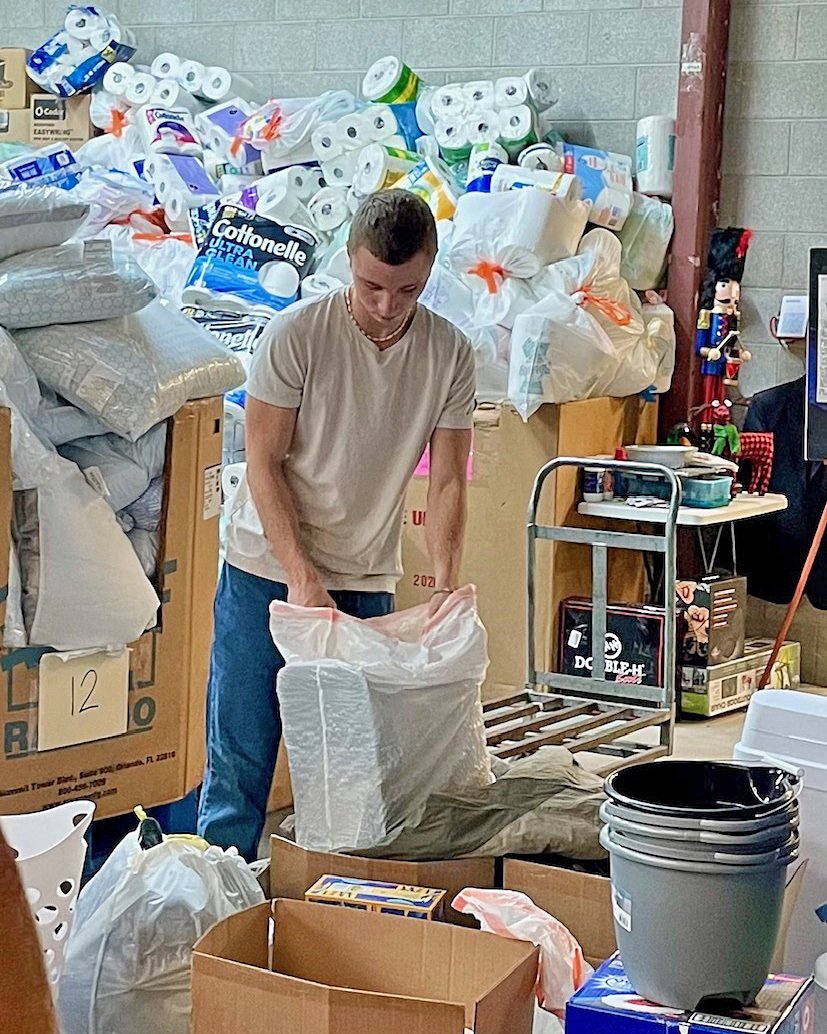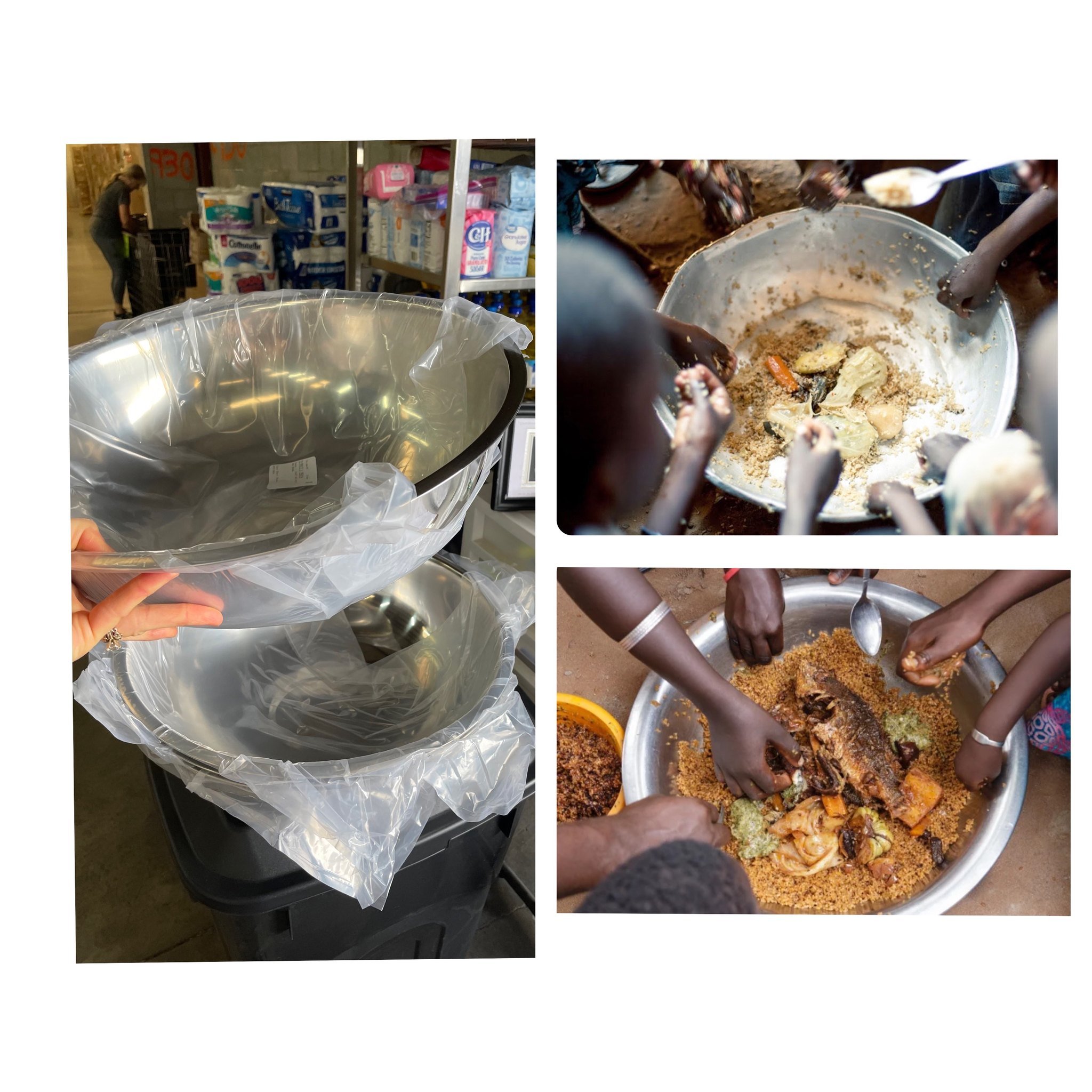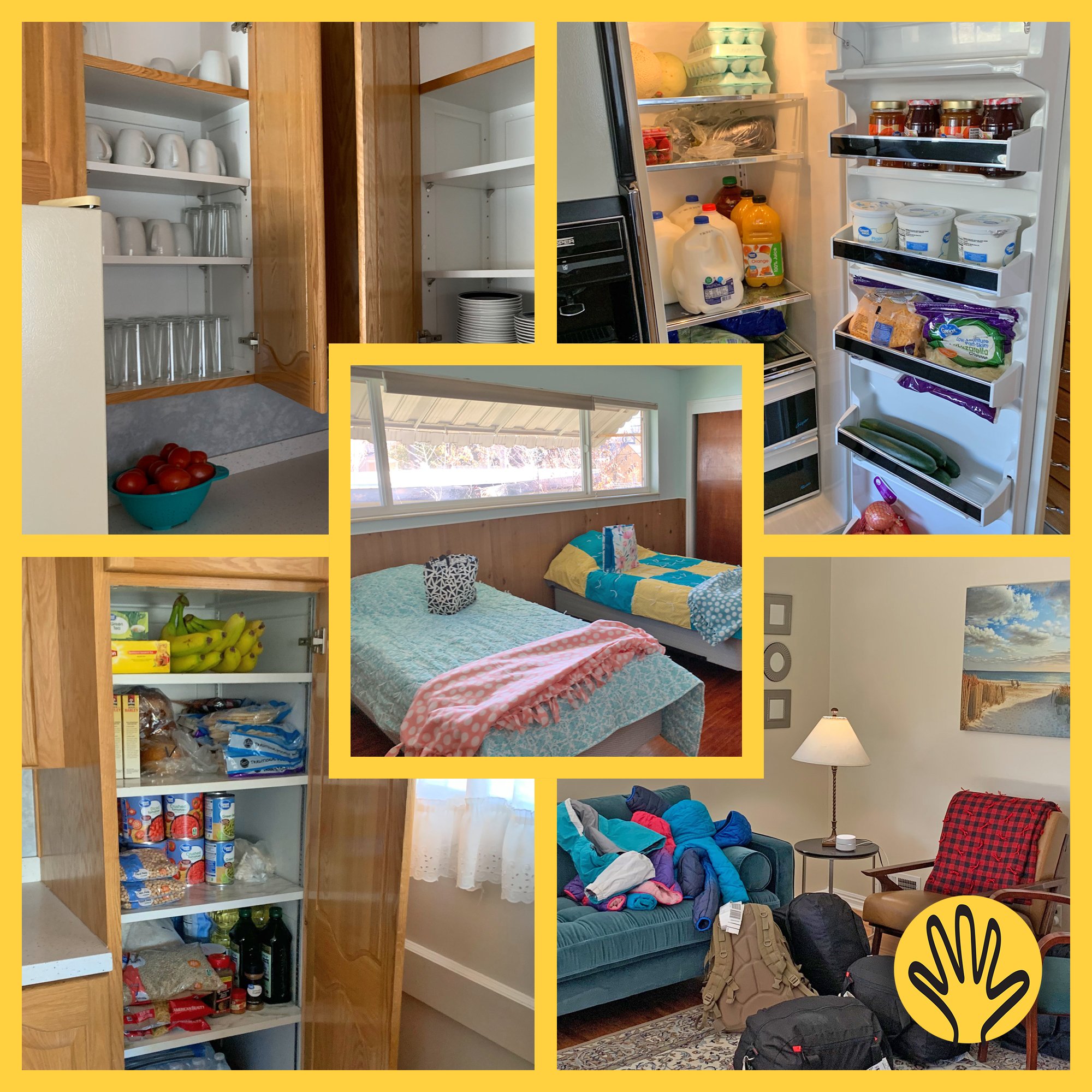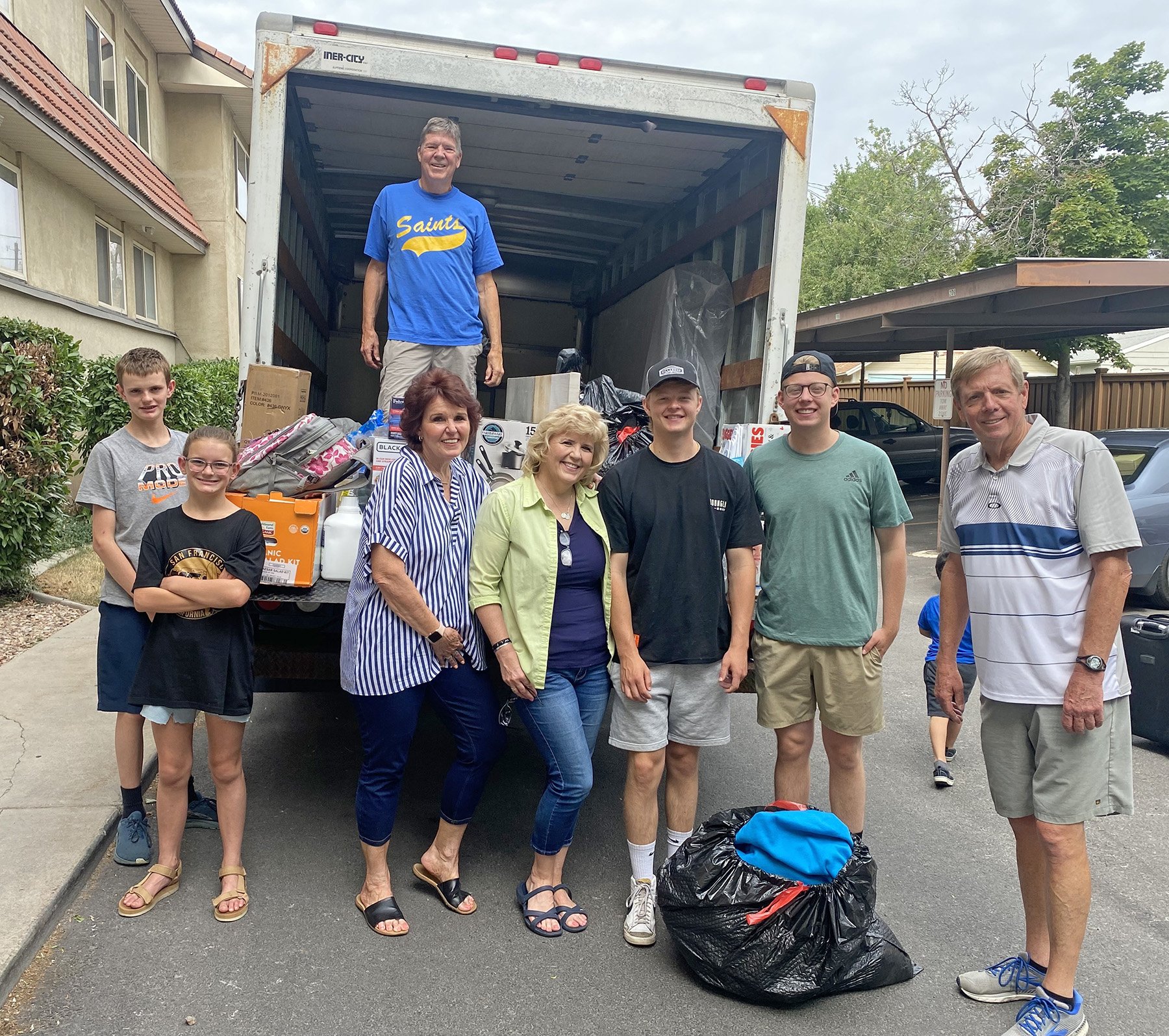by Nikita Posvolskii , LHI Humanitarian Warehouse Volunteer
LHI Humanitarian Aid Warehouse volunteer Nikita helps to translate box labels into Ukranian.
LHI works because of people like our LHI Humanitarian Aid Warehouse volunteer Nikita. Nikita is an exchange college student from Russia. He shared this essay explaining his interest in helping LHI’s humanitarian aid efforts, especially those in Ukraine.
My name is Nikita. Two years ago I was a Russian student getting my undergraduate degree at a university in Moscow. My peers and I loved our country and planned to pursue our careers there. Although we clearly saw our current government's flaws, we believed that we could influence them to change the country we love for the better. Our faith began to weaken after the Russian government started expelling students from their universities for their beliefs and statements that didn’t align with those of the government.
The situation for idealistic students like me became even worse the day Russia invaded Ukraine on February 24, 2022. Saying anything against the war in Ukraine can get you 15 years of imprisonment for “discrediting the Armed Forces of Russia.” You can’t even call the war in Ukraine “the war in Ukraine” without being at risk because its official name in Russia is “special military operation.” If you name it “the war” you can get the same 15 years of jail time. In fact, in the first two months after Russia started the war, more than 15,000 Russians were detained for their connection with anti-war rhetoric and protests. This placed fear in Russian citizens, coercing them into silence for the sake of their lives and the lives of their loved ones. At the same time, it is a horrible feeling to sit and maintain silence when your own country invaded Ukrainian territory and occupied an independent country. It is hard to stay silent when you are against a war that has resulted in the death and displacement of ordinary Ukrainians.
My feelings of helplessness eased in August 2022 when I came to the U.S. as an exchange student. It’s been amazing to study at a university where students are not afraid to talk about what they really think and believe in. I quickly realized that in the U.S., I could help Ukrainian refugees both in my host community in Utah and in Ukraine itself.
Nikita helps gather materials to set up an apartment for a refugee family resettling in Utah.
My search for the opportunity to help Ukrainians whose lives have been impacted by the Russian invasion led me to the LHI Humanitarian Aid Warehouse in American Fork, Utah.
I enjoy volunteering with LHI and helping to organize the warehouse, setting up apartments for refugees, especially those from Ukraine, packing orders for shipments overseas, and so much more. I especially enjoy translating the contents of the donation boxes into Ukrainian so it’s easier for Ukrainians to understand what is in each box when they arrive in Ukraine. I’m happy to be here in the U.S. so that I can help. In Russia, providing humanitarian assistance to Ukrainians is punishable by law.
Nikita organizes shelves of aid that LHI includes in its international shipments.
I believe that it is important to help people who have lost their families and their homes. I am glad that I have found Lifting Hands International, an organization whose ideals match my own. Lifting Hands International exists and continues its work to change the world for the better. If you are a student in the American Fork area or just live there, I highly encourage you to get involved with LHI and make an impact to change someone's life. Let’s change our world and help those who are in need together!
























